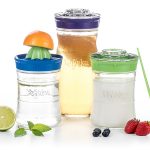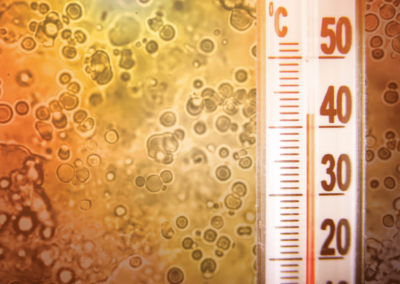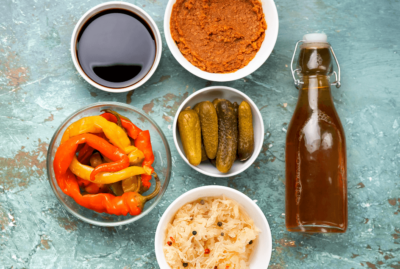Probiotics and prebiotics – why both are important?
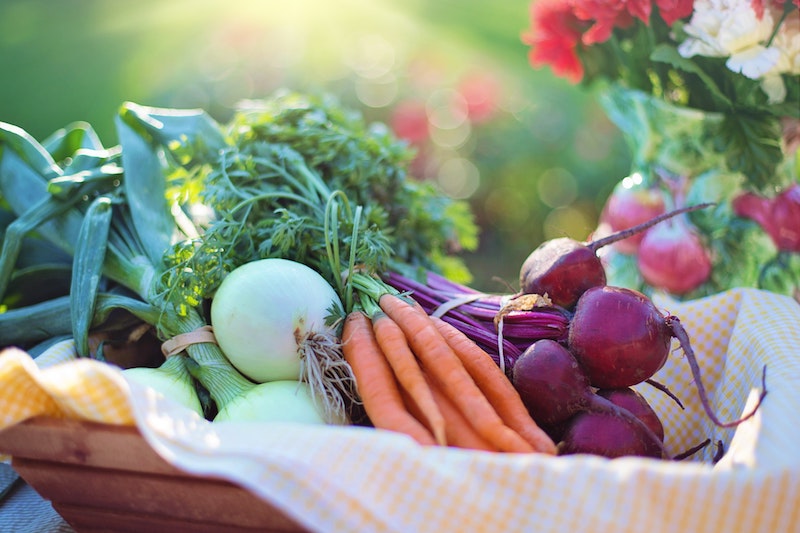
When we talk about probiotics we cannot forget the prebiotics. Even though they the phrase itself is not as well known or trendy as “probiotics”, they are very present and a part of our life. Read on if you want to learn more about prebiotics.
Probiotics are live cultures that you can get in many fermented foods: kefir, yogurt, fermented veggies etc. Beneficial microorganisms play important role in boosting the immune system and balancing the digestion.
Our gut is the place we want beneficial microorganism to inhabit. To create microbiota, you need to feed these microorganisms. And prebiotics are basically food for probiotics. The thing that fuels them so they can be as effective as we know they can be. And it’s very important to include enough of prebiotics in your diet!
What exactly are prebiotics?
Prebiotics are nondigestible substances for humans. Most common are:
- fructo-oligosaccharides (FOS),
- galacto-oligosaccharides (GOS) and
- trans-galactooligosaccharides (TOS).
Especially, FOS can be found in some plants including artichokes, asparagus, garlic, and wheat.
5 grams of prebiotics are recommended every day.
It’s recommended to have food rich in prebiotics on a daily basis. Therefore, providing enough food to develop a healthy microbiota in the gut. Try to consume at least 5 grams of prebiotics every day to improve gut health. Similarly to probiotics, there are many possibilities to get them as supplements. Nevertheless, healthy diet can also include a variety of prebiotic sources.

Food rich in prebiotics
According to the non-digestible substances they contain, here are some rich in prebiotic foods.
- Chicory root
- Artichokes
- Carrots
- Cucumbers
- Dandelion greens
- Radishes
- Beets
- Jicama
- Leeks
- Onions
- Asparagus
- Garlic
- Sweet potatoes
- Bell peppers
- Yams
- Yams
- Tomatoes

Likewise, fruits can also be great prebiotic source. To mention bananas, mango, berries and apples from this category. Another source aside from fruits and veggies, can be coconut (meat and flour) or many different seeds, like flax, chia, hemp, pumpkin seeds. Also part of prebiotic rich food are quinoa, wild rice and ginger root. Finally, honey and dark chocolate are good sources for probiotic.
Certainly going through the list of prebiotic you will probably notice these are quite common sources and are probably already on your plates daily. But it’s also great to know they do have an important part in your gut health as they are tightly connected to probiotics.
Start making probiotics with Kefirko
